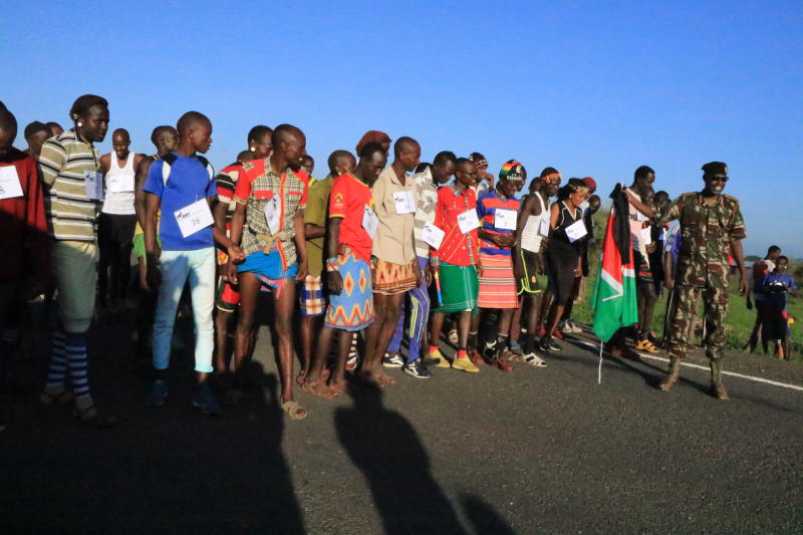×
The Standard e-Paper
Home To Bold Columnists

Runners from seven warring sides from Turkana, West Pokot, Samburu, Baringo, Laikipia, Isiolo, Marsabit and Meru countiesconverged at the eastern bank of Ewaso Nyiro River to participate in half marathon organised by Northern Rangeland Trust (NRT) yesterday. [Photo: Ali Abdi]
Many have speculated about reasons that have kept the youth of regions like those in the volatile Trans Mara, West Pokot, Turkana, Samburu and Baringo in a constant cycle of violence characterised by cattle rustling and ethnic tension.